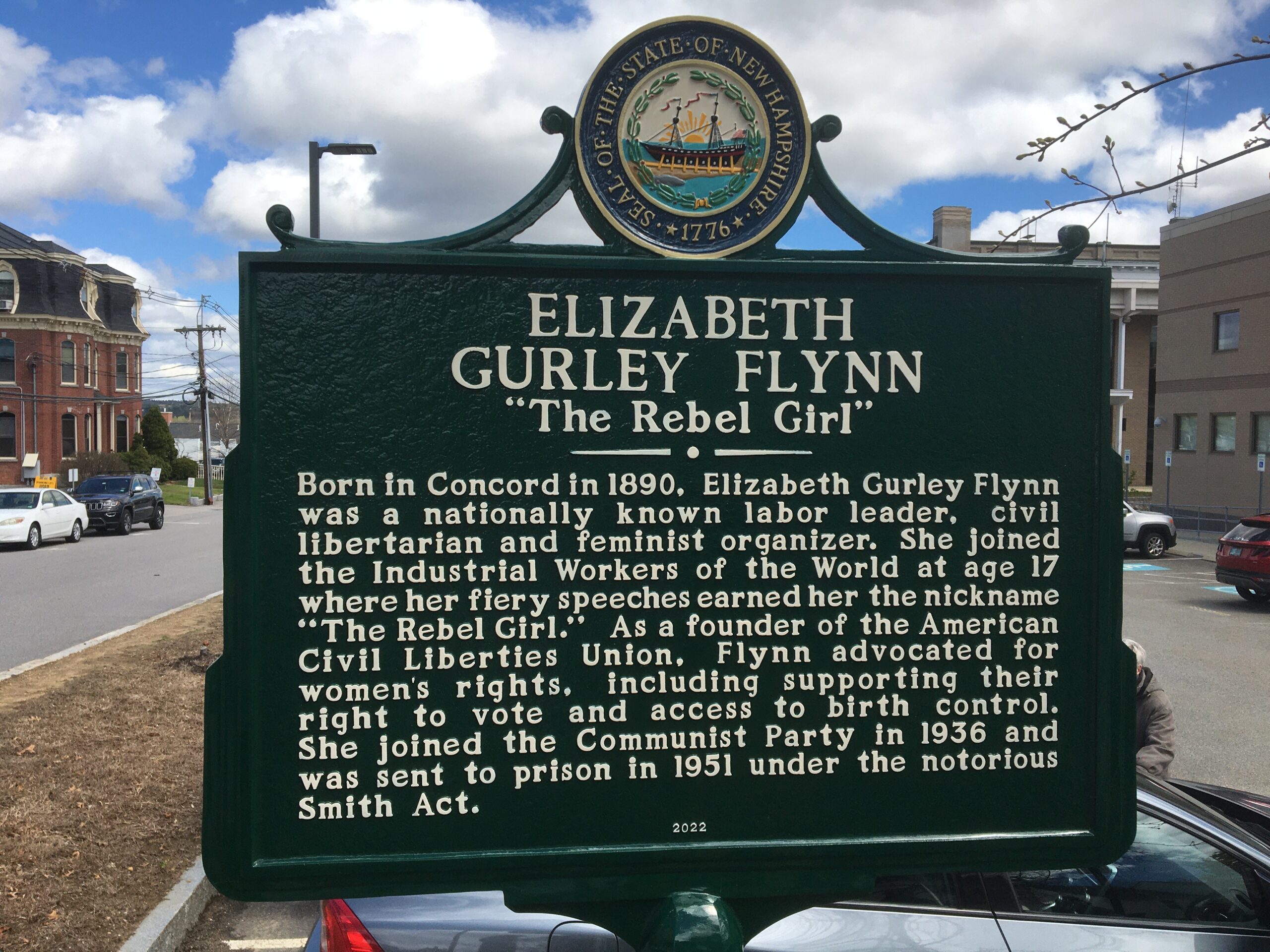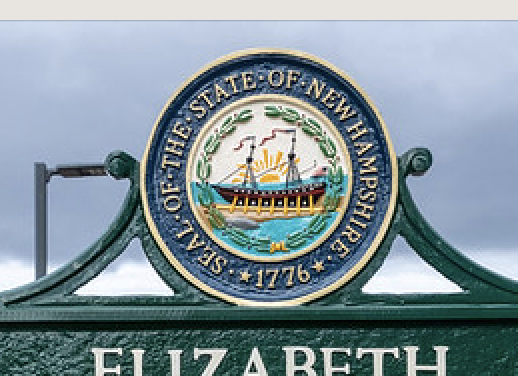Concord Hires ‘Cash Cow’ DEI Consultant, Will Taxpayers Gets Milked?

Before he signed a $40,000 contract as a DEI consultant for the City of Concord, James Bird Guess was a motivational speaker who launched the Cash Cow Consultant seminar teaching people how to get rich quick by selling racial diversity.
“Yep, I bought into the ‘just speak your passion’ myth like so many others, maybe you did too. And I was still broke!” Guess posted on his “From Broke to Millionaire Consultant” web page.
“Then something remarkable happened. I made the critical transition to the next level and went from ‘speaker’ to ‘consultant’ and as a result, my income increased exponentially (ridiculously). I went from getting paid $3,500 for a speaking event to more than $100,000 for a change management executive program with just ONE client.
“Now don’t get me wrong, speaking with passion and helping people is a blessing. I love helping people, but that’s only a small part of the equation of making six to seven figures!” Guess wrote. (Emphasis in the original.)

James Bird Guess in a marketing photo from his ‘Cash Cow Consulting’ website.
Today Guess does business under the title president and CEO of Racial Equity Group.
“We design strategies that transform policies and practices to achieve Racial Equity and partner with public and private sector institutions to help them identify how their organizations may be perpetuating systemic inequity, and empower them with our Racial Equity Mindset framework to guide decision-making, promote equity and results based accountability,” according to the company’s mission statement.
Guess did not respond to a request for comment, but Concord Mayor Byron Champlin defended both the contract and Guess.
“He really is a Horatio Alger type of story,” Champlin told NHJournal. “He’s a self-made man.”
Champlin, chair of the city’s Diversity, Equity, Inclusion, Justice, and Belonging (DEIJB) committee, said he and the other committee members did not know about Guess’ Cash Cow seminar experience until informed by NHJournal. He’s since talked to Guess about his “turn consulting into cash” days and has no qualms about going forward with the contract.
Champlin said the Cash Cow seminar was a one-time business that Bird operated five years ago. Guess hasn’t taught his “grind” secrets since.
“He’s never been able to, he’s so busy (being a DEI consultant) that he’s never run it again,” Champlin said.
However, the website is still up and running, and Guess continues to list himself as CEO and president of the James Bird Guess International Success Academy on LinkedIn.
At the academy’s website, people can buy copies of Guess’s books, including “The Grinders,” and “How I Made a Quarter Million Dollar$ From the Trunk of My Car!”
Concord gave the contract to Guess and his Racial Equity Group business after vetting four companies that submitted bids to lead DEIJB seminars for the city. Though Guess does not have any specialized degrees related to the field, Champlin said, his experience, team, and customers won over the committee.
“Out of the four applications, he and his team were the most qualified,” Champlin said. “He really was head and shoulders above other organizations.”
Guess and his Racial Equity Group boast contracts with cities and towns throughout Massachusetts, like Salem, Newton, and even the Massachusetts Municipal Association, Champlin said. Before the contract was signed, city staff put Guess and his business through a vetting and interview process, Champlin added.
Winning government contracts is one of the many secrets to becoming a consultant earning seven figures, Guess wrote on Cash Cow.
“I built a small team of subject matter experts and began winning federal contracts, which I call ‘slow money, but for sure money’..LOL,” Guess wrote.
Guess’s success story starts with him selling sporting goods from the trunk of his car, and going on to becoming a successful motivational speaker and then DEI consultant. Along the way, he’s learned the secrets to consulting, according to Cash Cow, and he can bust the myths:
“Myth 1) The consulting business is about being an expert consultant.
Nope. It’s about marketing! No matter what your area of expertise is, no matter how you good your ideas and content are, it does not matter unless you know how to position yourself to get a check. Unless you learn how to build a pipeline of profit, you’re going to go broke, starve, and find yourself going back to a 9 to 5 job!” Guess wrote.
“Myth 2) You need special degrees, certifications, and qualifications.
I thought so, too (glad I didn’t). I was about to spend $50,000 on a PhD in leadership, and I remember when I told the late great Zig Ziglar what I was about to do, he told me a powerful secret that I have never forgotten to gain instant credibility than any fancy degree or certification.”
The contract with Concord calls for Guess to develop diversity training for city staff, and to deliver that training to staff and Concord leadership, according to the request for bid quotes.
“Educate city leaders about their responsibilities to promote DEIJB and prepare them to hold courageous conversations across lines of difference and share best practice,” the document RFQ states.
The city council is set to vote Monday night on finalizing the funding for the contract. There’s already $40,000 set aside to pay for the contract, but the council is required to vote in order to withdraw the funding.









